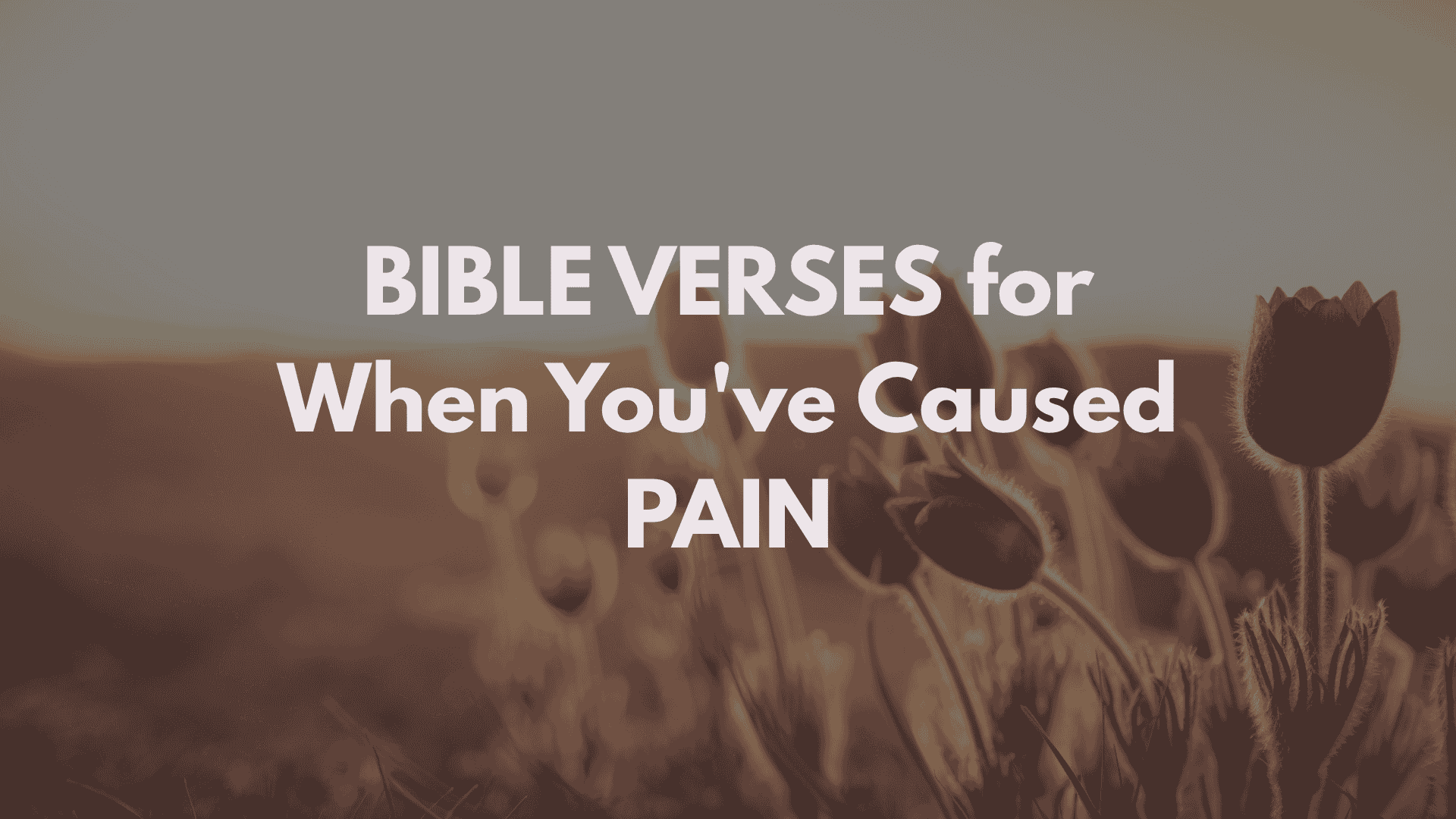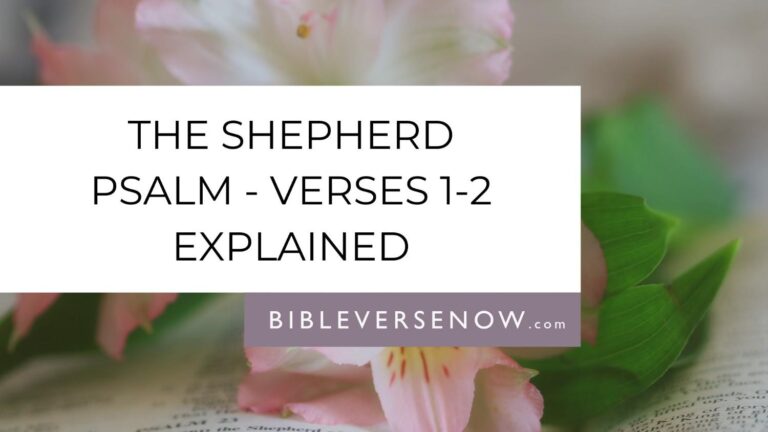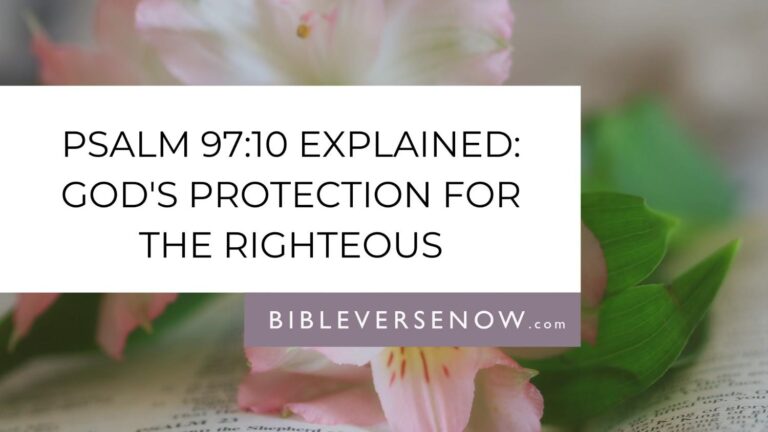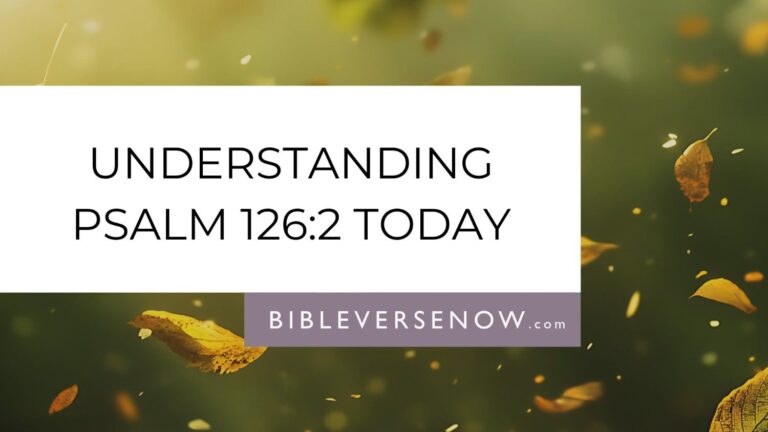The weight of regret can feel unbearable. You replay the moment over and over—the words you can’t take back, the action that caused pain, the look in their eyes when they realized what you’d done. You love them deeply, yet somehow you became the source of their hurt. The guilt sits heavy in your chest, and you wonder if the damage can ever truly be healed.
But here’s what Scripture teaches us: God specializes in restoration. He doesn’t just forgive our failures—He transforms them into opportunities for deeper love, stronger relationships, and more profound grace. When we’ve wounded those we cherish most, His Word offers both comfort for our aching hearts and a roadmap toward healing.
The Reality of Hurting Those We Love Most
Why We Hurt the People Closest to Us
It’s a painful paradox of human relationships: we often hurt those we love most deeply. Perhaps it’s because we feel safest with them, allowing our worst selves to surface. Maybe it’s the intensity of love itself that makes us more vulnerable to causing pain. Scripture acknowledges this reality without sugar-coating it.
“Above all else, guard your heart, for everything you do flows from it.” – Proverbs 4:23
Our hearts, even those filled with love, are capable of causing tremendous hurt. The closer someone is to us, the more power we have to wound them. But recognizing this truth is the first step toward preventing future harm and healing current wounds.
The Pain of Realizing What We’ve Done
“When I kept silent, my bones wasted away through my groaning all day long.” – Psalm 32:3
David understood the physical and emotional toll of unconfessed wrong. When we hurt someone we love, the guilt doesn’t just affect our conscience—it affects our entire being. The realization of what we’ve done can feel crushing, but this conviction is actually God’s mercy calling us toward repentance and restoration.
Bible Verses for When You’ve Caused Pain
Scriptures About God’s Heart for the Repentant
“The Lord is close to the brokenhearted and saves those who are crushed in spirit.” – Psalm 34:18
Your broken heart over hurting someone you love doesn’t go unnoticed by God. He draws near to those who grieve over their failures, offering comfort and the strength to make things right.
“If we confess our sins, he is faithful and just and will forgive us our sins and purify us from all unrighteousness.” – 1 John 1:9
God’s forgiveness is complete and immediate when we come to Him with genuine repentance. This verse reminds us that no matter how deeply we’ve wounded someone, God’s grace is deeper still.

“Create in me a pure heart, O God, and renew a steadfast spirit within me.” – Psalm 51:10
David’s prayer after his devastating failure with Bathsheba shows us that God can transform even our worst moments into opportunities for renewal. When we’ve hurt someone we love, we can ask God to recreate our hearts and make us into people who love better.
Verses About Taking Responsibility
“Therefore, if you are offering your gift at the altar and there remember that your brother or sister has something against you, leave your gift there in front of the altar. First go and be reconciled to them; then come and offer your gift.” – Matthew 5:23-24
Jesus makes it clear that our relationship with God cannot be right while our relationships with others remain broken. Taking responsibility isn’t optional—it’s essential for spiritual health and relational healing.
“So in everything, do to others what you would have them do to you, for this sums up the Law and the Prophets.” – Matthew 7:12
The Golden Rule applies especially when we’ve done wrong. How would you want to be approached if someone had hurt you? With humility, genuine remorse, and a commitment to change.
Finding the Courage to Seek Forgiveness
Biblical Examples of Seeking Forgiveness
“Then he got up and went to his father. But while he was still a long way off, his father saw him and was filled with compassion for him; he ran to his son, threw his arms around him and kissed him.” – Luke 15:20
The prodigal son’s story reminds us that love often waits with open arms for our return. While we can’t guarantee how our loved one will respond, we can trust that taking the step toward reconciliation is always right.
“I have sinned against the Lord,” David said to Nathan. Then Nathan replied, “The Lord has taken away your sin. You are not going to die.” – 2 Samuel 12:13
David’s immediate confession when confronted with his sin shows us the power of taking full responsibility without excuses or deflection. Sometimes the simplest acknowledgment—”I was wrong”—opens the door to healing.
Scriptures for Courage in Difficult Conversations
“Have I not commanded you? Be strong and courageous. Do not be afraid; do not be discouraged, for the Lord your God will be with you wherever you go.” – Joshua 1:9
Approaching someone we’ve hurt requires tremendous courage. God promises to be with us in these difficult moments, giving us strength to do what’s right even when it’s hard.
“Let your conversation be always full of grace, seasoned with salt, so that you may know how to answer everyone.” – Colossians 4:6
When we seek forgiveness, our words should be thoughtful, gracious, and genuine. This verse reminds us that how we communicate can either help or hinder the healing process.
Making Things Right: Biblical Steps to Restoration
True Repentance Goes Beyond Words
“Produce fruit in keeping with repentance.” – Matthew 3:8
John the Baptist’s words remind us that genuine repentance involves changed behavior, not just changed feelings. If we’ve hurt someone we love, we must be willing to demonstrate through our actions that we’re truly sorry.
“Anyone, then, who knows the good he ought to do and doesn’t do it, sins.” – James 4:17
Once we know what we need to do to make things right, delaying action becomes its own form of wrong. Sometimes love requires us to act quickly, even when we’re afraid.
Verses About Patient Love and Restoration
“Love is patient, love is kind. It does not envy, it does not boast, it is not proud. It does not dishonor others, it is not self-seeking, it is not easily angered, it keeps no record of wrongs.” – 1 Corinthians 13:4-5
This famous passage about love takes on deeper meaning when we’ve been the one to cause hurt. True love is patient with the healing process and doesn’t demand immediate forgiveness or rush the other person’s timeline.
“Above all, love each other deeply, because love covers over a multitude of sins.” – 1 Peter 4:8
Love has the power to heal even deep wounds. While this doesn’t minimize the importance of accountability, it reminds us that love is ultimately stronger than our failures.
When Forgiveness Feels Impossible to Receive
Scriptures for Overwhelming Guilt
“Come now, let us settle the matter,” says the Lord. “Though your sins are like scarlet, they shall be as white as snow; though they are red as crimson, they shall be like wool.” – Isaiah 1:18
Sometimes the hardest person to forgive is ourselves. God’s promise of complete cleansing applies even to the pain we’ve caused those we love most.
“There is now no condemnation for those who are in Christ Jesus.” – Romans 8:1
Guilt serves a purpose in leading us to repentance, but it’s not meant to become a permanent resident in our hearts. Once we’ve truly repented and sought to make things right, we can release ourselves from condemnation.
Finding Hope When Relationships Seem Broken
“And we know that in all things God works for the good of those who love him, who have been called according to his purpose.” – Romans 8:28
Even our worst failures can become part of God’s good work in our lives and relationships. This doesn’t minimize the pain we’ve caused, but it offers hope that God can bring redemption from even our deepest mistakes.
“He heals the brokenhearted and binds up their wounds.” – Psalm 147:3
God is in the business of healing—both the wounds we carry and the ones we’ve inflicted. Trust Him to work in both your heart and the heart of the one you’ve hurt.
Moving Forward After Causing Hurt
Learning to Love Better
“Dear friends, since God so loved us, we also ought to love one another.” – 1 John 4:11
Our failures in love can teach us to love more like God loves—unconditionally, sacrificially, and with great patience. Every mistake becomes an opportunity to grow in our capacity for true love.
“Be completely humble and gentle; be patient, bearing with one another in love.” – Ephesians 4:2
Future relationships benefit when we learn from past failures. This verse gives us a template for the kind of love that prevents future hurt.
Trusting God’s Timing in Healing
“To every thing there is a season, and a time to every purpose under the heaven… a time to heal.” – Ecclesiastes 3:1, 3
Healing often takes time, and we must be patient with the process. Not every wounded relationship heals quickly, but that doesn’t mean it won’t heal at all.
“The Lord your God is with you, the Mighty Warrior who saves. He will take great delight in you; in his love he will no longer rebuke you, but will rejoice over you with singing.” – Zephaniah 3:17
Even when we’ve failed terribly, God still delights in us and works for our good. This truth can sustain us through the difficult process of seeking and waiting for forgiveness.
Prayers for Healing and Restoration
Sometimes we need words when our own feel inadequate. Here are simple prayers for those who have hurt someone they love:
“God, I’ve wounded someone precious to me, and the pain feels unbearable. Give me the courage to seek forgiveness and the wisdom to love better. Heal both of our hearts, and if possible, restore what my actions have broken. Help me become the person You created me to be. Amen.”
“Lord, I don’t know if they’ll ever trust me again, but I know You can heal what seems impossible to repair. Work in their heart and mine. Show me how to demonstrate genuine change, and give us both the grace to move forward, whether together or apart. I trust Your plan even when I can’t see it. Amen.”
Hope for Every Broken Heart
The Bible is filled with stories of people who hurt those they loved and found redemption. Peter denied Jesus three times but became the rock upon which the church was built. Moses murdered an Egyptian but led God’s people to freedom. Paul persecuted Christians but became Christianity’s greatest missionary.
Your failure is not your final chapter.
God specializes in taking our broken pieces and creating something beautiful. The relationship you think you’ve destroyed might become stronger than ever. The person you’ve hurt might one day thank you for the growth that came through forgiveness. The guilt that feels crushing today might become the foundation for a love more genuine and careful than you’ve ever known.
“And I am certain that God, who began the good work within you, will continue his work until it is finally finished on the day when Christ Jesus returns.” – Philippians 1:6
God isn’t finished with you yet. He’s not finished with your relationship. He’s not finished with the story He’s writing through your life. Trust Him to bring beauty from ashes, joy from mourning, and love from the deepest places of hurt.
Frequently Asked Questions
Q: What if the person I hurt won’t forgive me?
You cannot control another person’s response, but you can control your own actions. Focus on genuine repentance, changed behavior, and patient love. Remember that forgiveness is often a process, not a single moment. Continue to demonstrate through your actions that you’re truly sorry, but don’t manipulate or pressure them.
Q: How do I know if my repentance is genuine?
Genuine repentance involves three elements: acknowledging what you did wrong, feeling genuine sorrow for the pain caused, and committing to changed behavior. If you find yourself making excuses, blaming circumstances, or not willing to change your actions, your repentance may not be complete yet.
Q: Should I keep apologizing if they don’t respond?
One sincere, thorough apology is usually sufficient. Repeated apologies can feel manipulative or self-serving. Instead, focus on demonstrating change through your actions and respecting their need for space if that’s what they’ve requested.
Q: How can I forgive myself when I’ve hurt someone I love?
Self-forgiveness comes through understanding God’s complete forgiveness. Once you’ve genuinely repented and sought to make things right, continuing to punish yourself doesn’t honor the person you hurt or God’s grace. Channel your guilt into positive change rather than destructive self-condemnation.
Q: Is it possible for our relationship to be stronger after this hurt?
Yes, many relationships do become stronger after working through significant hurt. The process of genuine repentance, forgiveness, and rebuilding trust can create deeper intimacy and understanding. However, this requires commitment from both people and time for healing to occur.




